As Israel continues its assault on Gaza, over in Malaysia, a different battle related to the conflict is raging.
Malaysians have become embroiled in a heated discourse over boycotts and their impact locally and abroad.
Even among Malays and Muslims - upon whom there are social expectations to be in solidarity with Palestine - the issue is divisive.
For boycott advocates, the goals are simple - stop giving money to companies that are perceived to either be linked or siding with Israel as a means of both hurting Israel economically and showing solidarity with Palestinians.
This is especially after the death toll in Gaza passed 10,000, including more than 4,000 children killed amid Israeli bombardment.
The boycott movement has gained support from celebrities and influencers, like local entrepreneur Vivy Yusof, who urged her 1.8 million Instagram followers to use their collective power and pressure companies against supporting the Israel Defense Forces (IDF).

“If we keep funding the global companies that give to IDF, why would they stop – they will only care if their sales go down,” she said in a video which was liked more than 34,000 times.
Some Malaysians, when stopped by KiniTV in Kuala Lumpur for a street poll seeking opinions on the boycott, agreed with Vivy.
“I think this time, it shed some light to us, to the community, to the locals, that we as a community, as a local, have the power to say that this is how we want, this is how it should be,” said a supporter of the boycott, who only wanted to be known as Rabi.
But others fear repercussions on local workers, with local branches of multinationals reportedly having to reduce opening hours as customers dwindle.
“Yes, we feel that what is happening (in Gaza) is not supposed to happen and is very cruel, but (boycotts) also affect friends and family who work at these companies,” said another respondent, who only wanted to be known as Syikin.
“So it’s up to them (to boycott), but to what extent should we boycott? Or should we help (Palestinians) by donating, for example? That is my opinion. Because when we boycott, it will have an effect on others.”
Companies in crosshairs
Some of the companies caught in the storm include McDonald’s, Starbucks, KFC, Coca-Cola, Nestle and even Grab.
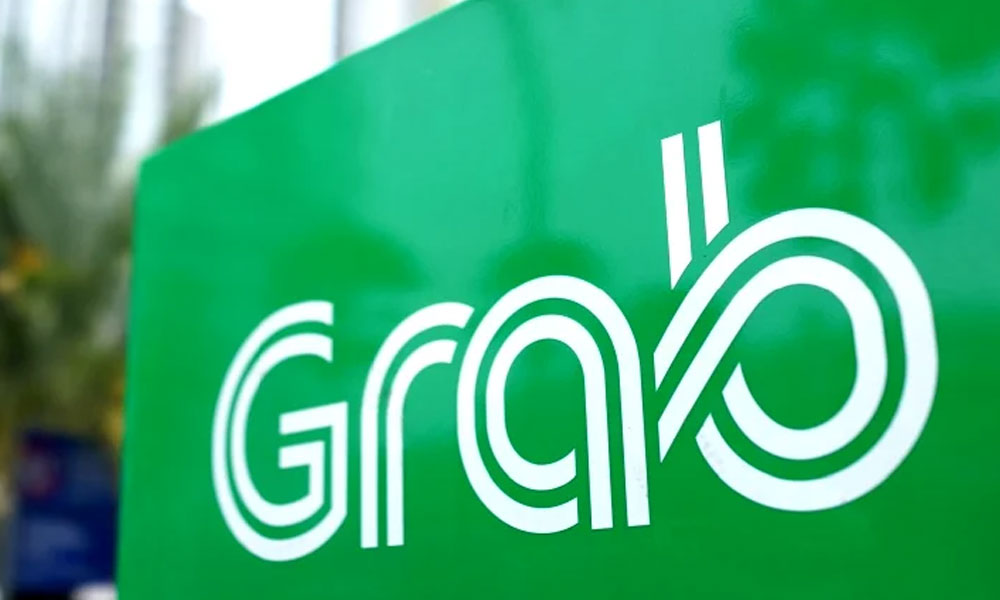
Many of the brands were targeted after they appeared on a viral infographic of brands to boycott for alleged Israel links but the actual reasons to shun some brands are clearer than others.
Boycotters of McDonald’s for example, cite how McDonald’s Israel provided free meals to soldiers there, prompting McDonald’s Malaysia to highlight its Muslim ownership and donate RM1 million to a humanitarian fund to support Palestine.
Grab, facing a boycott after its founder’s wife Chloe Tong’s Instagram posts were perceived as being pro-Israel, also made a donation to Mercy Malaysia, to support humanitarian work in Palestine.
Starbucks, meanwhile, took its US worker’s union to court for alleged trademark infringement after the union published “Solidarity with Palestine” on social media.
Interestingly, none of the multinationals in the crosshairs of Malaysian consumers are on the list of targeted companies issued by the Boycott, Divest, Sanction (BDS) Movement, a group founded in 2005 to promote boycotts, divestments and economic sanctions against Israel.
Some of the brands targeted by the BDS Movement include Puma, for sponsoring the Israeli Football Association, which includes teams on occupied Palestinian land, it said.
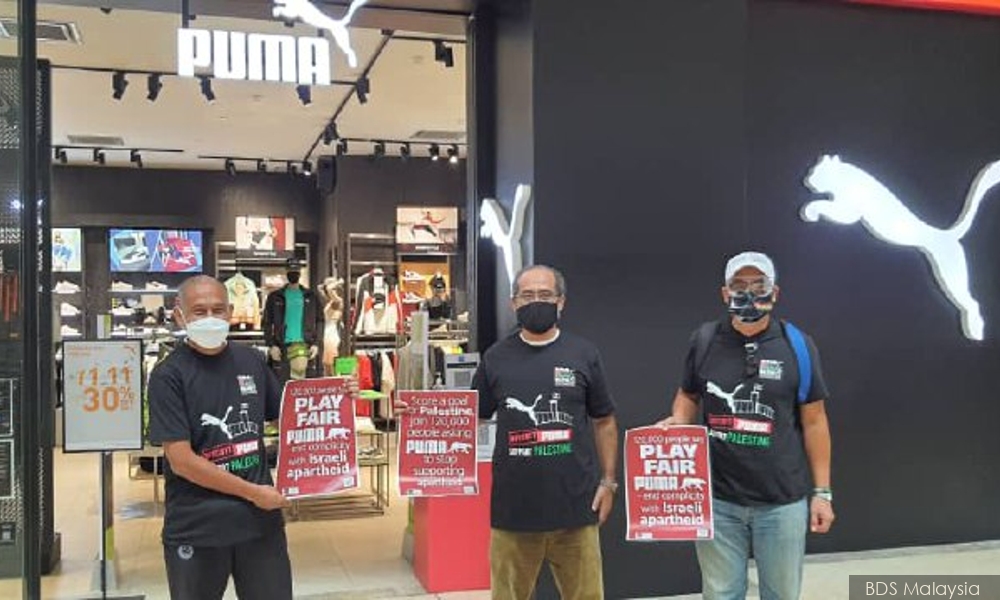
Another brand is SodaStream, a PepsiCo company, whose factory once stood in an area located in the occupied West Bank, where Israeli settlers had displaced Palestinians.
BDS said SodaStream’s decision to move its factory, after sustained calls for boycott and divestment from the company, is proof that its movement works.
This week, the group published a guide for those wanting to boycott in support of Palestine, where it said, unlike other boycott movements, the BDS Movement is more targeted to ensure a bigger impact.
It added that while McDonald’s is not on their list, grassroots boycott movements may choose to boycott for various reasons. Its infographic includes the McDonald’s logo.
Pro-Palestine group Friends of Al Aqsa, meanwhile, said Coca-Cola should be boycotted because it has a factory in Atarot, which is in Israeli settlements in the occupied West Bank.
Sales slump, income drops
In Malaysia, some McDonald’s, KFC, and Starbucks outlets have reportedly experienced a slump in sales which, in some cases, affected operating hours.
Delivery riders who connect the food and beverage industry to consumers have also reported getting fewer jobs.
A Grab delivery rider - who refused to be named - told Malaysiakini he is struggling to provide for his wife and three children.
He said he used to make RM100 to RM150 a day, but it is hard to make even RM50 a day now, and this does not take into account his daily fuel and food costs.
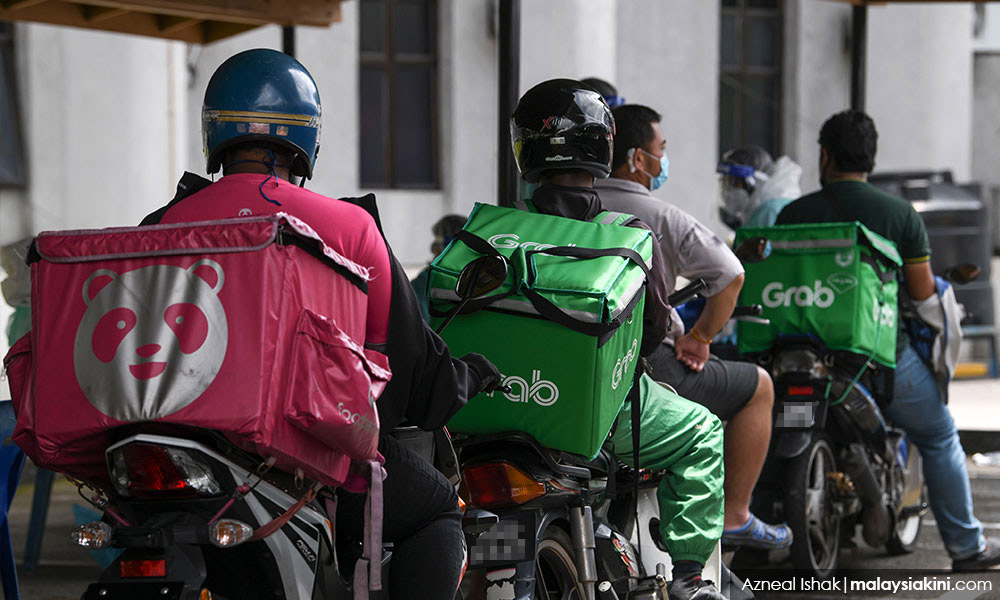
“The situation now is quite worrying, because this is my family’s only source of income.
“This is on top of the pressure to pay rent, which is behind by two months, and a notice has already been issued for me to vacate the place by Friday.”
Meanwhile, a manager at KFC said he was forced to place some of his staff on leave due to the sharp decline in customers.
“Usually, we’re busy on the weekends, but now, some staff are just playing on their phone (to pass time).
“Some staff were put on two to three days’ leave. There are no sales. It’s really tough now because of the boycott,” said the manager who requested anonymity as he is not authorised by his employer to speak to the media.
He added that some staff complained about financial difficulties but that there was nothing he could do as he could not justify giving staff overtime work to make ends meet.
‘Affecting Malay workers’
As boycott calls grew momentum in the first weeks of violence in Gaza, a disabled man employed in a McDonald’s outlet in Kelantan posted a video on social media pleading against the boycott.
“It’s not easy for other employers to accept disabled people like me. I hope this boycott won’t continue and I can work as usual. Pity us, don’t boycott us,” he said, in a video which went viral on TikTok, but has since been taken down.
In response, cosmetics entrepreneur Vida offered the man a job - a move widely lauded by boycott supporters online.
At the very least, some delivery riders say, consumers should be more discerning about their decision to boycott.
“As a rider, while there is speculation that Grab is supporting Israel, my intention is just to make a living through this platform.
“There are many Malay workers whose intention is only to make a living, not to support Israel,” said a delivery rider, who wanted to be known as Nurul.
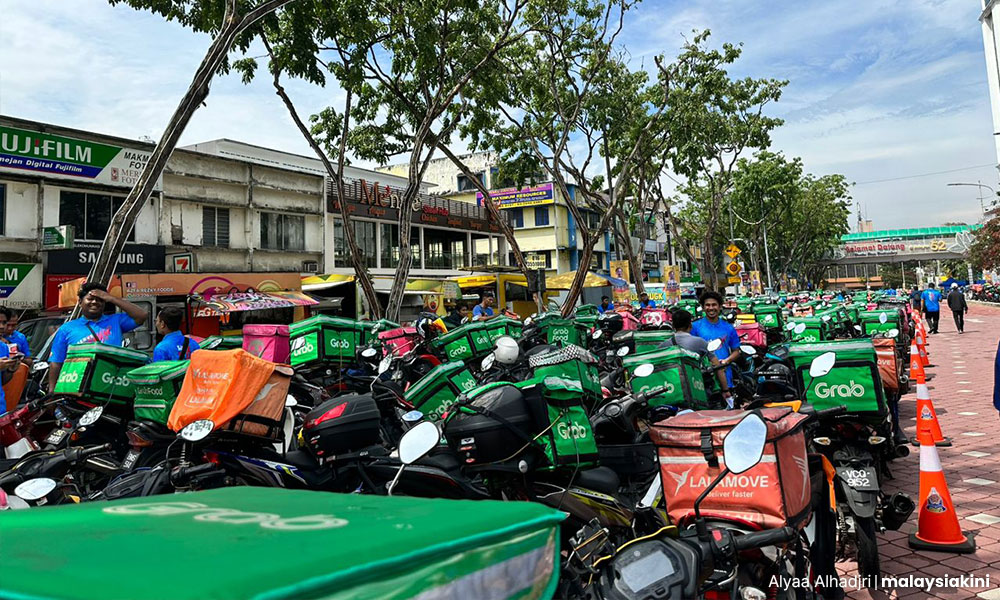
But not all those whose incomes are directly affected by the boycott are against it. Some grapple with complicated feelings about their desire to support Palestine and the need to make a living.
A part-time McDonald’s delivery rider who only wanted to be known as Wan, said many perks and incentives for riders have been withdrawn since the fast food chain was hit with boycotts, leading to a sharp decline in the number of orders outlets receive.
But while his livelihood has been affected, the reasons behind it left him conflicted.
“I’m at a loss. Those who depend on doing deliveries are affected, but we also support Palestine.
“For McDonald’s, many of the delivery riders are Malay workers, so I don’t know how to address this,” the 40-year-old said.
Cost of fighting oppression
Fellow delivery rider, 20-year-old Adam Azman, however, is willing to make the sacrifice.
“This boycott arose because of Palestine - because we as Muslims must be in solidarity with what is happening to them.
“So, even though we are impacted, we have to help (Palestinians) as best as possible,” he said.
Mohd Nazari Ismail, chairperson of the Malaysian chapter of the BDS Movement, understands boycotts could impact workers, especially gig workers, but said companies should be held accountable.
This includes protecting their workers from boycotts by openly condemning the killings.
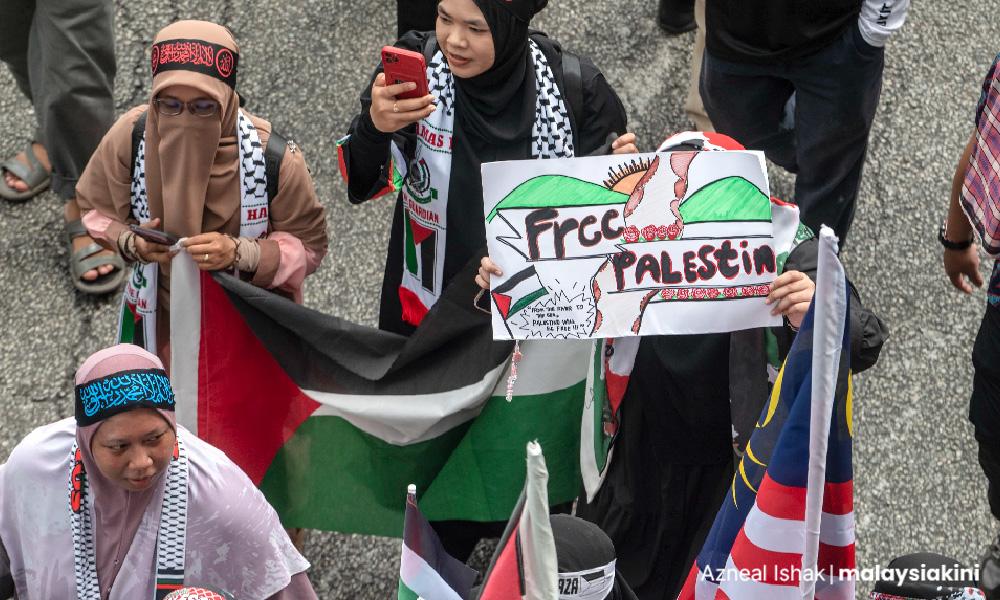
“What we need to focus on is the mass killing of innocent Palestinians, with 10,000 casualties, of which 4,000 of them are children,” he said.
“The struggle to defend those oppressed has a cost and risk, which requires sacrifice.
“We are confident that Malaysians are willing to sacrifice economically to ensure that Israel stops its oppression of Palestinians,” he added. - Mkini



No comments:
Post a Comment
Note: Only a member of this blog may post a comment.